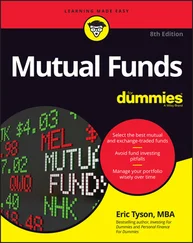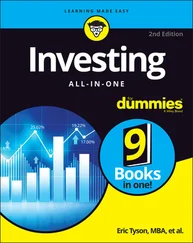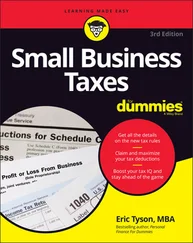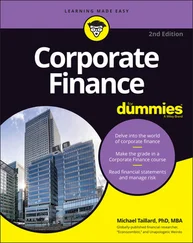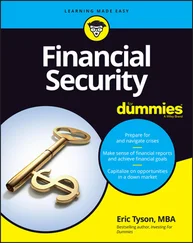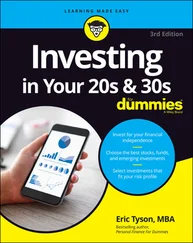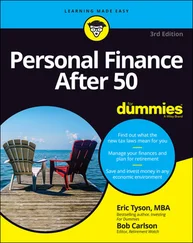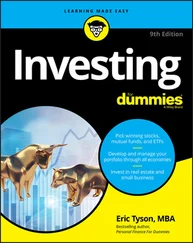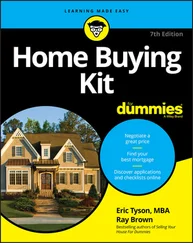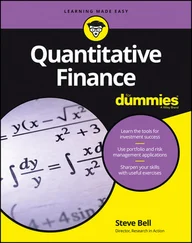I also wrote this book to protect you, to watch your back. Hucksters out to separate you from your hard-earned money know an easy mark when they see one, and being young and, therefore, less experienced makes you a target. You’re also at increased risk of “being taken” because your generation spends so much time online where the rules and agenda of many sites and apps are murky or worse. The information and advice in this book can help you identify and steer around common pitfalls and bad deals before you suffer the consequences.
No matter what your current situation is — whether you’re entering the job market right after school, graduating college with or without student loans, living with your parents, or living on your own — I thought of you as I wrote this book. I made some assumptions about you:
You want expert advice about important financial topics — such as getting a financial checkup, budgeting, paying off some debt, boosting your credit score, and investing — and you want answers quickly.
Or perhaps you want a crash course in personal finance and are looking for a book you can read cover to cover to help solidify major financial concepts and get you thinking about your finances in a holistic fashion.
Or maybe you’re just tired of feeling financially frazzled and want to get better organized and on top of your money matters.
This book is basic enough to help a novice get his or her arms around thorny financial issues. But readers who are a bit more advanced in financial matters will be challenged, as well, to think about their finances in a new way and identify areas for improvement.
The icons in this book help you find information you need:
 This target flags strategy recommendations for making the most of your money.
This target flags strategy recommendations for making the most of your money.
 This icon points out information that you definitely want to remember.
This icon points out information that you definitely want to remember.
 This icon marks things to avoid and points out common mistakes people make when managing their finances.
This icon marks things to avoid and points out common mistakes people make when managing their finances.
 This icon tells you when you should consider doing some additional research. Don’t worry — I explain what to look for and what to look out for.
This icon tells you when you should consider doing some additional research. Don’t worry — I explain what to look for and what to look out for.
To view this book’s Cheat Sheet, simply go to www.dummies.com and enter “Personal Finance in Your 20s and 30s For Dummies Cheat Sheet” in the Search box. There you’ll get quick tips on understanding financial basics, managing day-to-day finances, and growing your money through basic investing.
This book is organized so you can go wherever you want to find complete information. Want advice on minimizing your taxes, for example? Go to Part 2for that. You can use the table of contents to find broad categories of information or the index to look up more specific topics.
If you’re not sure where to go, you may want to start with Part 1. It gives you all the basic info you need to assess your financial situation and points to places where you can find more detailed information for improving it.
Part 1
Getting Started with Personal Finance
IN THIS PART …
Evaluate your net worth, savings rate, credit health, investment portfolio, and insurance coverage.
Develop a savings mindset, as well as budgeting and saving strategies.
Conquer consumer debt and recognize the best uses for loans and the types of debt to avoid.
Get and understand your credit report and credit score. Use your credit report and other tools to prevent identity theft.
Chapter 1
IN THIS CHAPTER
 Determining your net worth
Determining your net worth
 Calculating your savings rate
Calculating your savings rate
 Getting your credit score and keeping an eye on it
Getting your credit score and keeping an eye on it
 Growing your investment portfolio
Growing your investment portfolio
 Protecting yourself with insurance
Protecting yourself with insurance
 Examining common money mistakes
Examining common money mistakes
Where did your childhood years go? Was it that long ago that you were concerned with what exams you had coming up, what you might be doing over your summer break, and what kind of job you were interested in and qualified to do?
As a young adult, you wonder where you are going to live, how much a decent apartment will cost, and how much you will actually have left over after taxes and those other pesky deductions that are taken from your paycheck. How much will it cost to buy a home that you’ll really want? What are the best ways to save and invest your money?
And then life throws you a curveball like the COVID-19 government-mandated shutdowns which turned plenty of young people’s lives upside down in a way that few saw coming. Or perhaps an aging parent or other relative needs some help. How can you handle these situations personally and financially?
Those are some pretty big questions that even people 20 and 30 years older than you struggle to answer. You’re wise to be thinking about these topics now. In this chapter, I help you start to answer those questions by showing you how to evaluate your net worth (addressing any debt, such as student loans, credit cards, or auto or other consumer loans). I also help you assess your savings rate, credit health, investment portfolio, and insurance coverage so you can develop and implement a winning plan tailored to your situation.
Calculating Your Financial Worth
Having a sense of what you own (your assets ) and what you owe (your liabilities ) is important because it provides some measure of your financial security and your ability to accomplish financial goals such as buying a desired car, buying a home, traveling, starting a business, or retiring someday.
In this section, I define net worth and then walk you through the relatively simple calculations of determining your own personal net worth.
Your net worth is quite simply your financial assets (for example, checking, savings, and investment accounts) minus your financial liabilities (debts such as student loans and credit-card debt). In the following sections, I walk you through how to perform these calculations.
Читать дальше
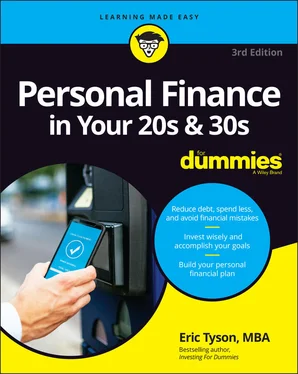
 This target flags strategy recommendations for making the most of your money.
This target flags strategy recommendations for making the most of your money. This icon points out information that you definitely want to remember.
This icon points out information that you definitely want to remember. This icon marks things to avoid and points out common mistakes people make when managing their finances.
This icon marks things to avoid and points out common mistakes people make when managing their finances. This icon tells you when you should consider doing some additional research. Don’t worry — I explain what to look for and what to look out for.
This icon tells you when you should consider doing some additional research. Don’t worry — I explain what to look for and what to look out for. Determining your net worth
Determining your net worth